You probably already know that cooking involves a ton of chemistry. Bread rises because of the reaction between the flour and leavener, and the delicious crust on your steak is formed by the Maillard reaction. Understanding the chemistry going on behind the scenes is one of the best ways to improve the quality of your food—it's much easier to fix a problem when you know what's causing it.
But you don't need a degree in food science to use it to your advantage. This video from the Reactions series by the American Chemical Society explains a few hacks for your coffee, produce, cookies and cast iron, along with the science behind them. Most of these tips are things we've covered before, but it never hurts to hear it again.
#1. Add a Pinch of Salt to Your Coffee
If your morning coffee tastes a little bitter, add a pinch of salt before or after brewing to make it more palatable.

Why It Works
When the salt dissolves, the sodium ions block bitter molecules from reaching your taste buds. A teeny tiny pinch is enough to balance out the bitterness and enhance the other flavors.
#2. Ripen Bananas Faster in a Brown Bag
To speed up the ripening of bananas, avocados and other fruit, put them in a brown paper bag.

Why It Works
As fruit ripens, it produces ethylene, an invisible and odorless gas that breaks down cell walls and starches. The more ethylene in the air, the sweeter and softer it gets. Placing fruits in a bag with ripe tomatoes (or another fruit) increases the amount of ethylene and traps it in, helping the unripened fruit to ripen much faster.
#3. Keep Cookies Soft with a Slice of Bread
To keep your fresh-baked cookies from going stale, store them with a slice of bread in a plastic bag or airtight container.

Why It Works
Cookies have much more sugar than bread, and sugar is hygroscopic, which means it soaks up moisture from the environment. The cookies will absorb the moisture from the bread, and you'll end up with one hard, dry piece of bread and soft, delicious cookies.
#4. Remove Rust from Cast Iron with Coke
If you get lazy with your cast iron and it ends up rusting, you can easily remove the rust with a splash of Coca Cola.
Why It Works
Coke contains phosphoric acid, which is used industrially as a rust remover. It converts iron oxide rust into ferric phosphate, which is much easier to clean out.

Don't have any Coke? You can also get rid of that rust with steel wool, white vinegar, or kosher salt and a potato. Check out our complete guide to cast iron maintenance for more cast iron tips.
Salt and beans image via Shutterstock, Rusty cast iron image via The Tiny Hummingbird






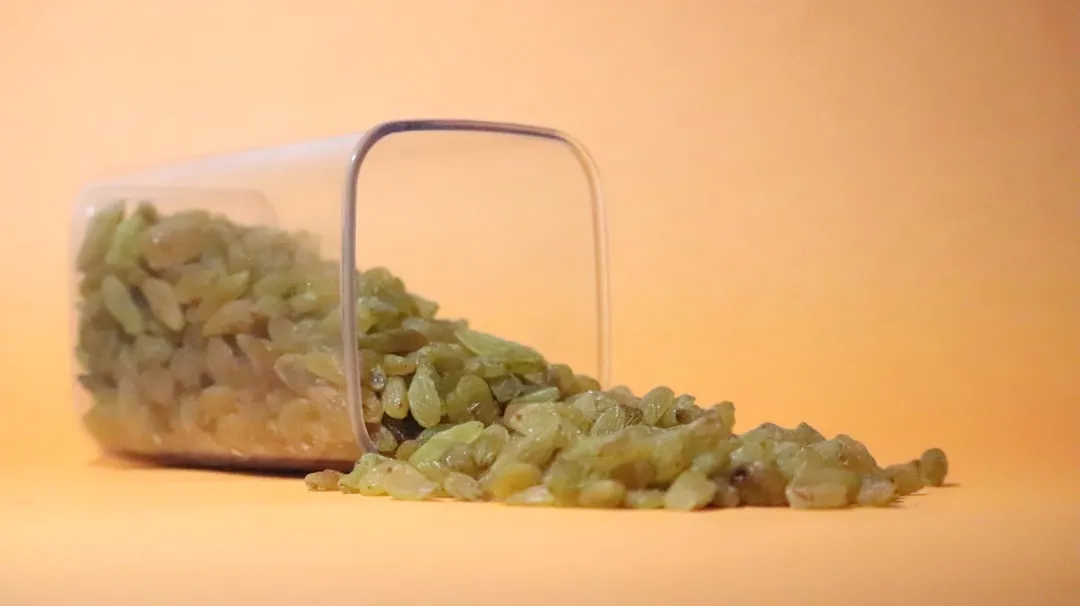
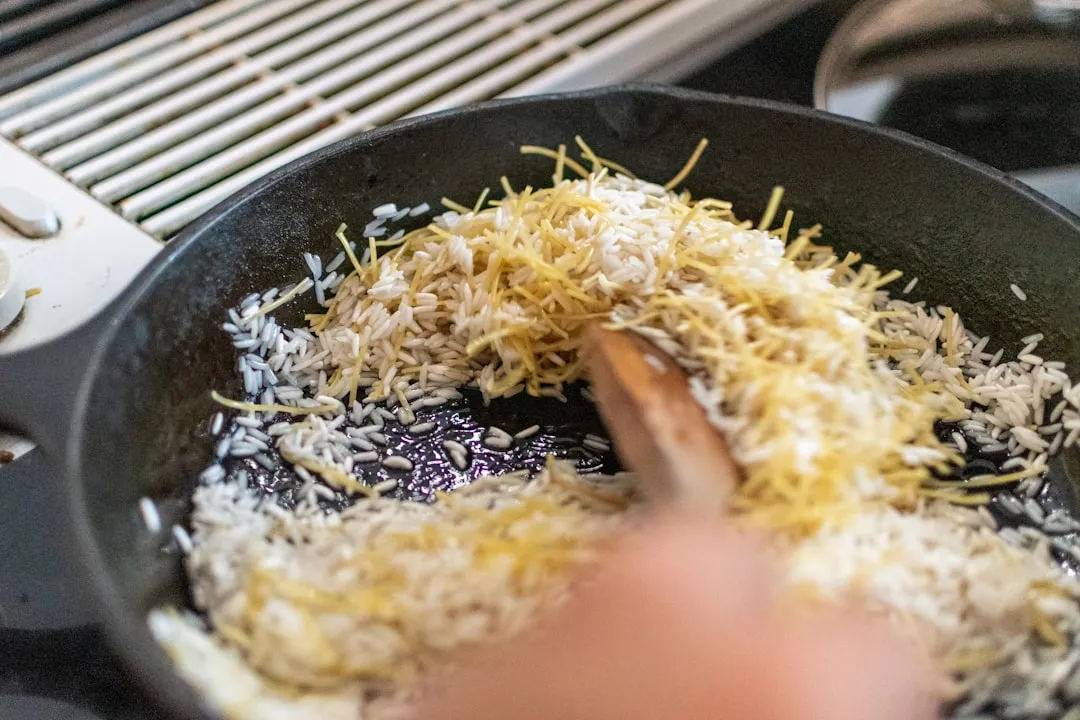
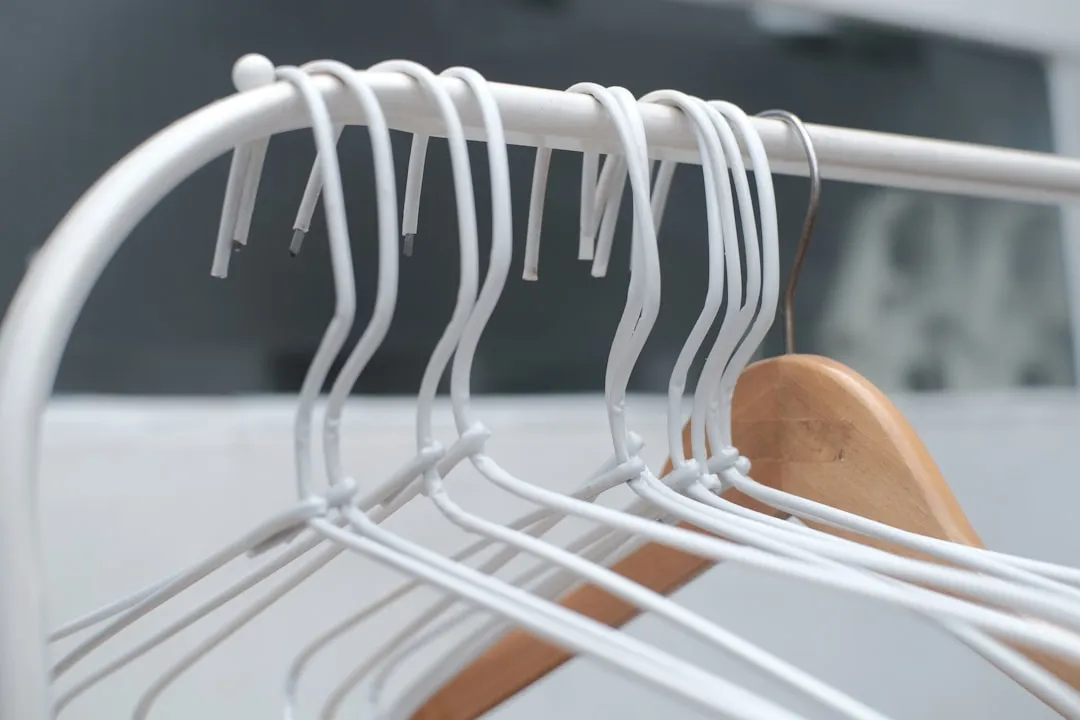
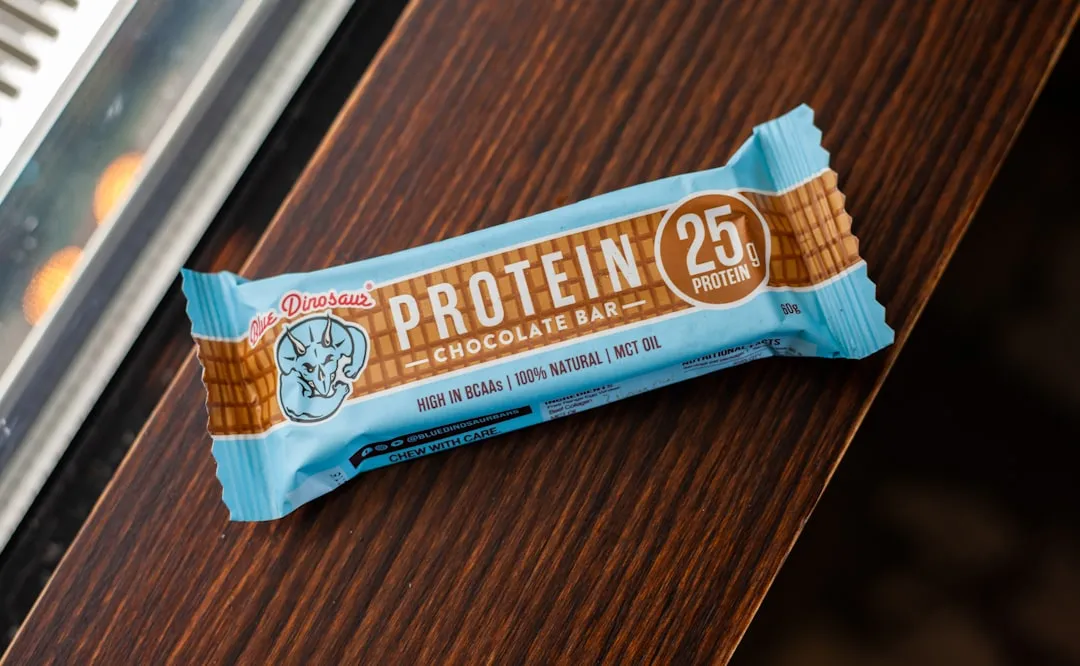
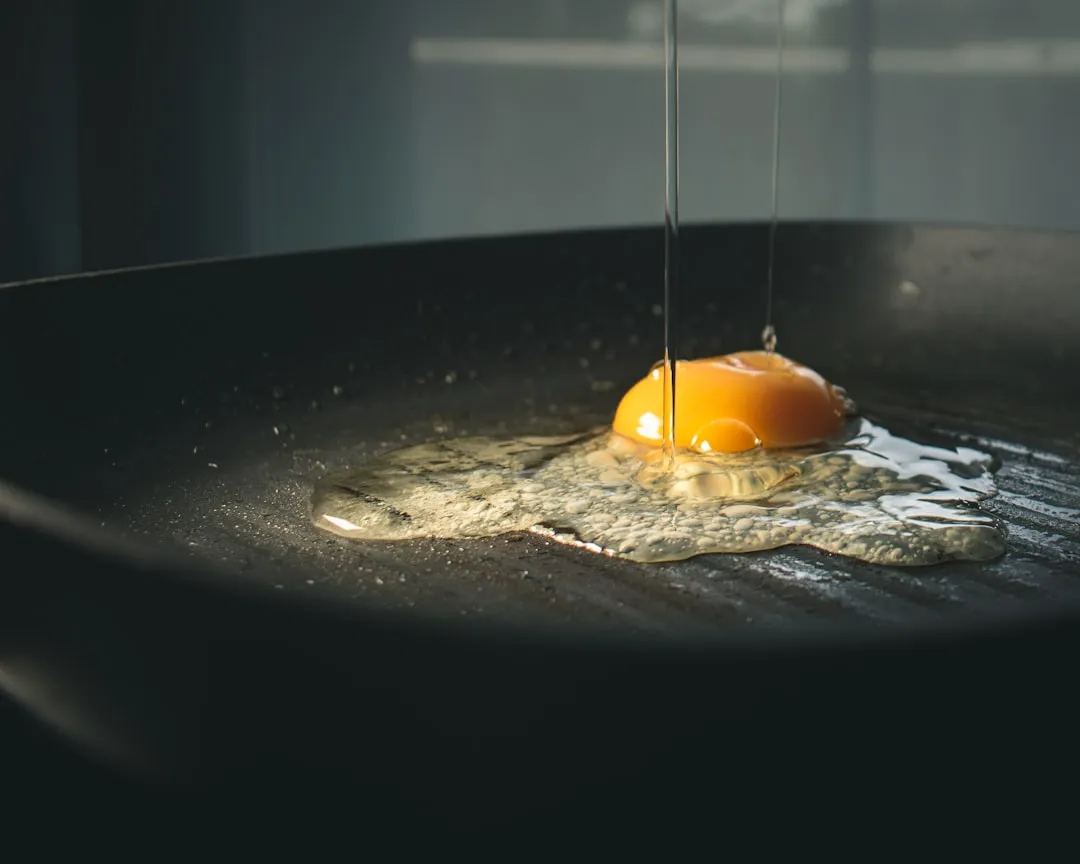
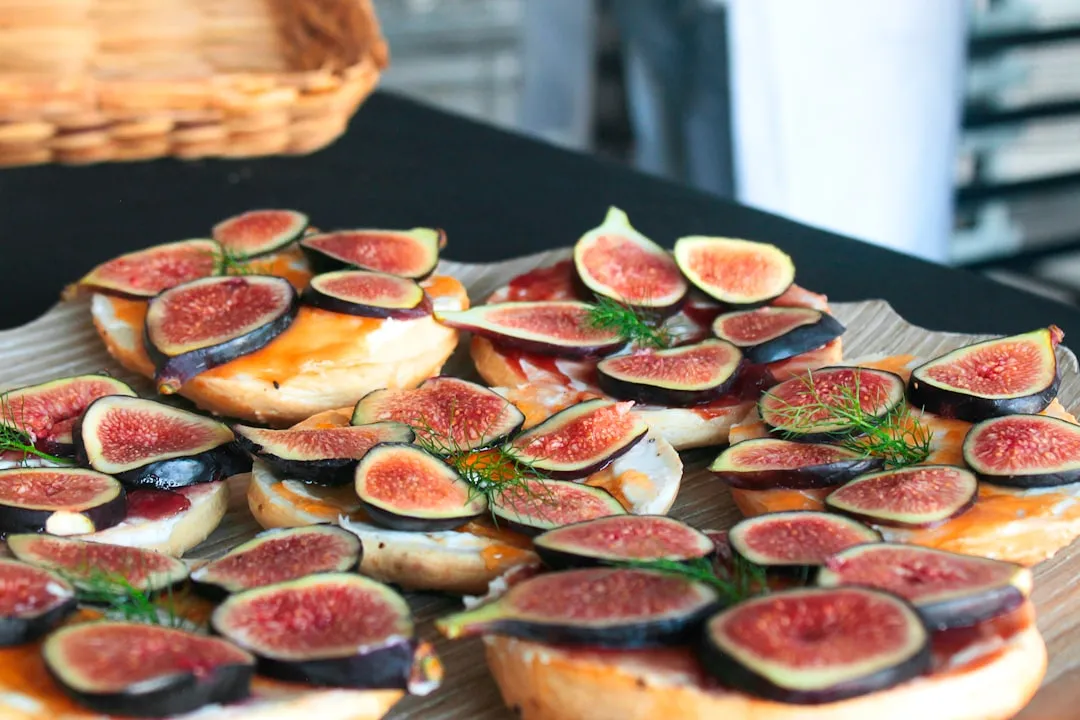

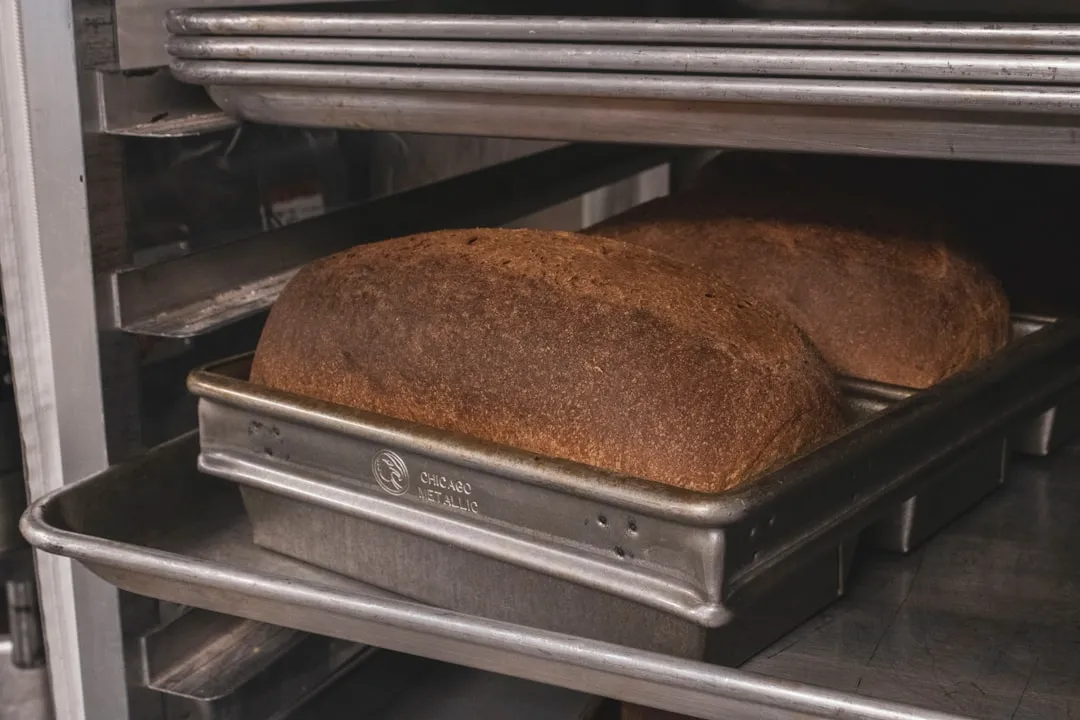
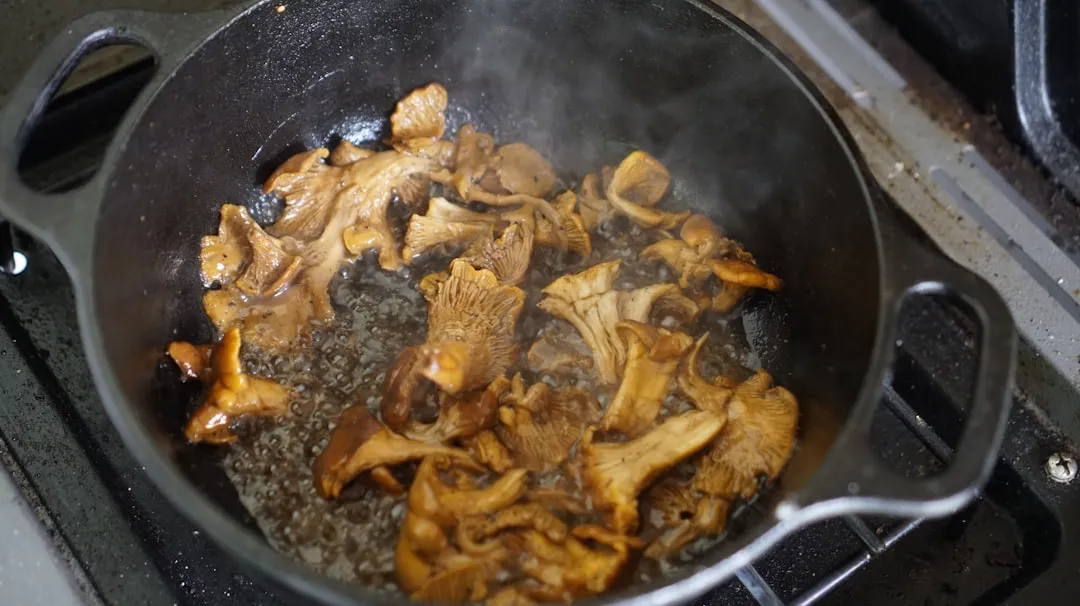
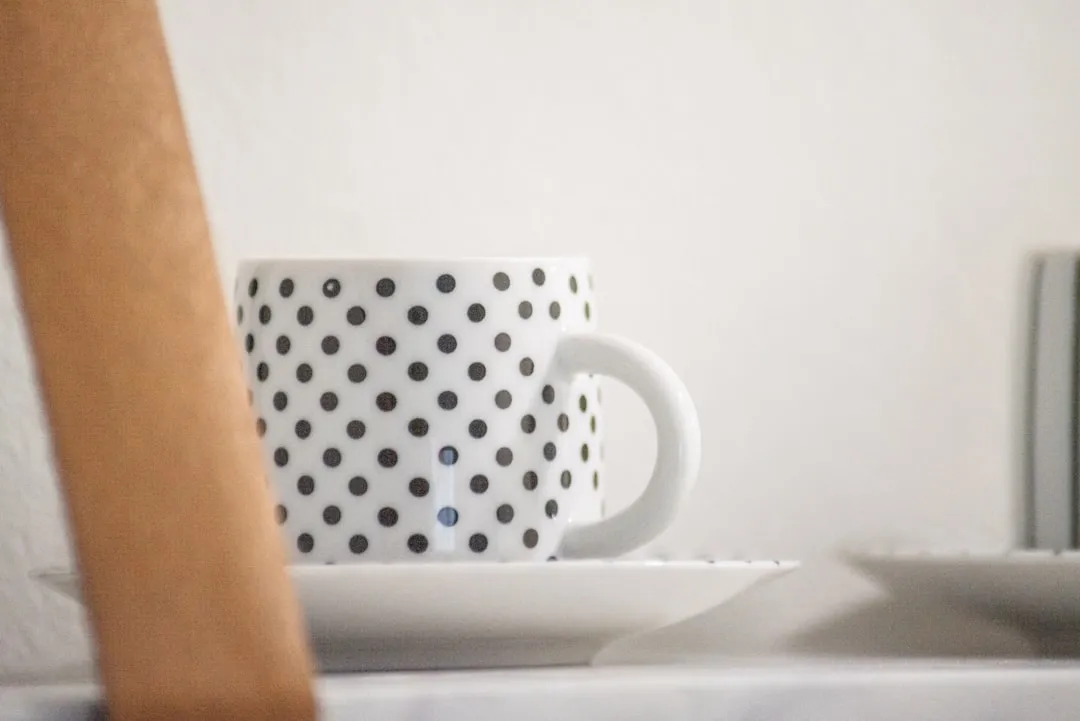
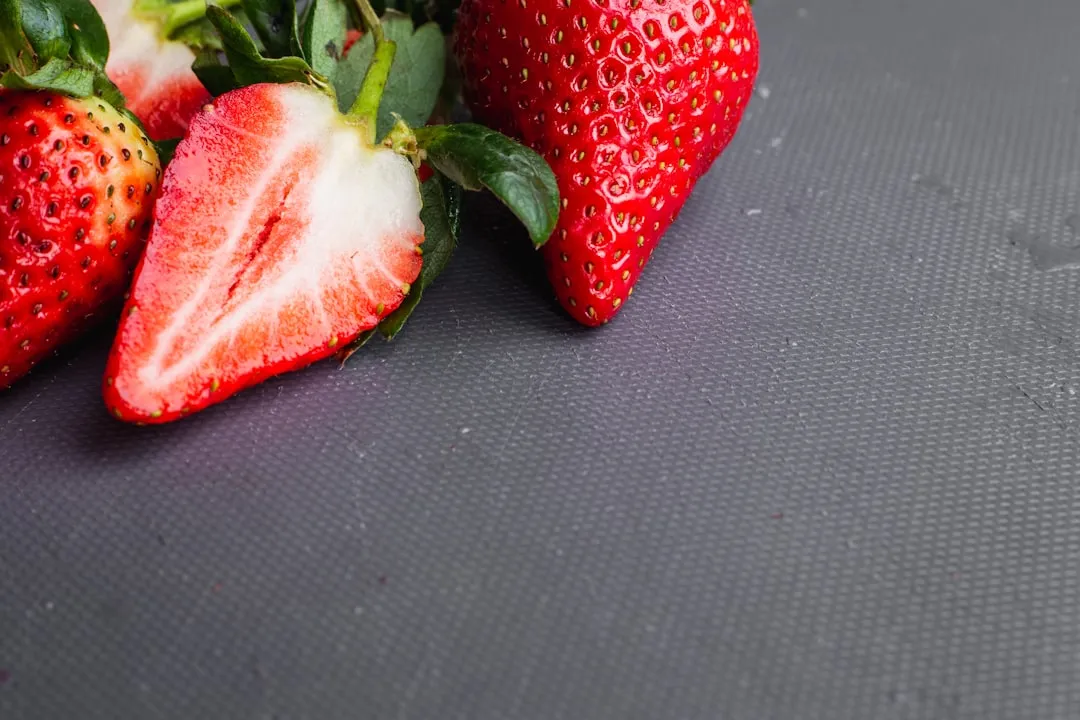
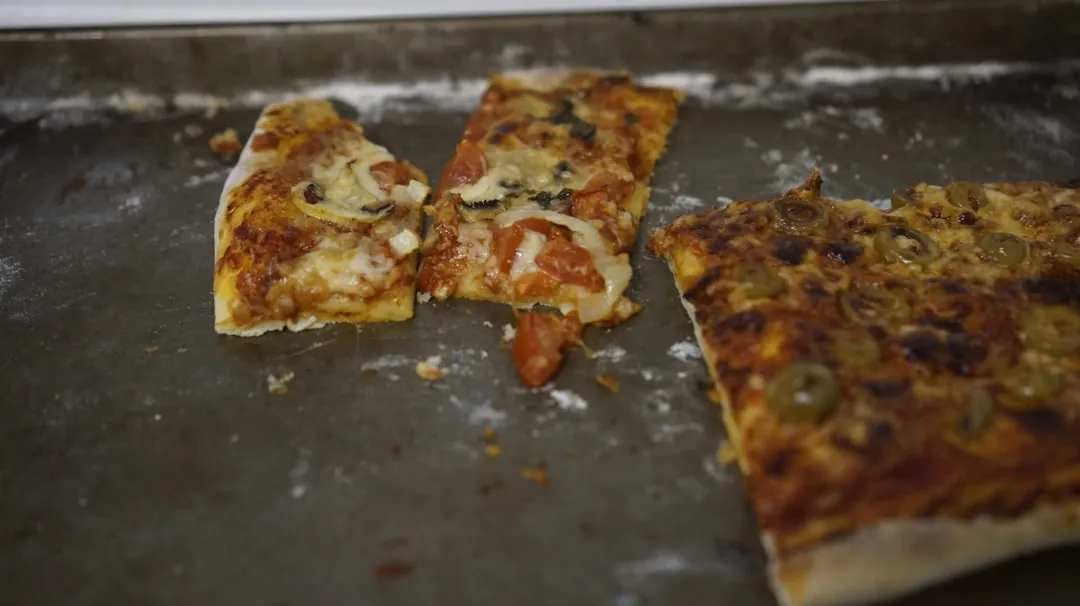


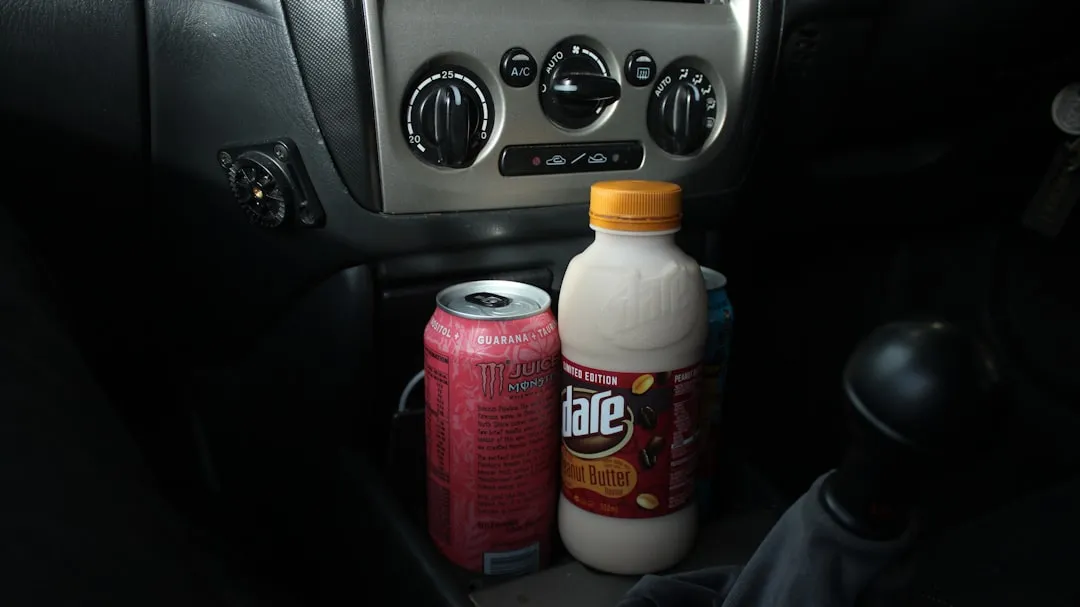
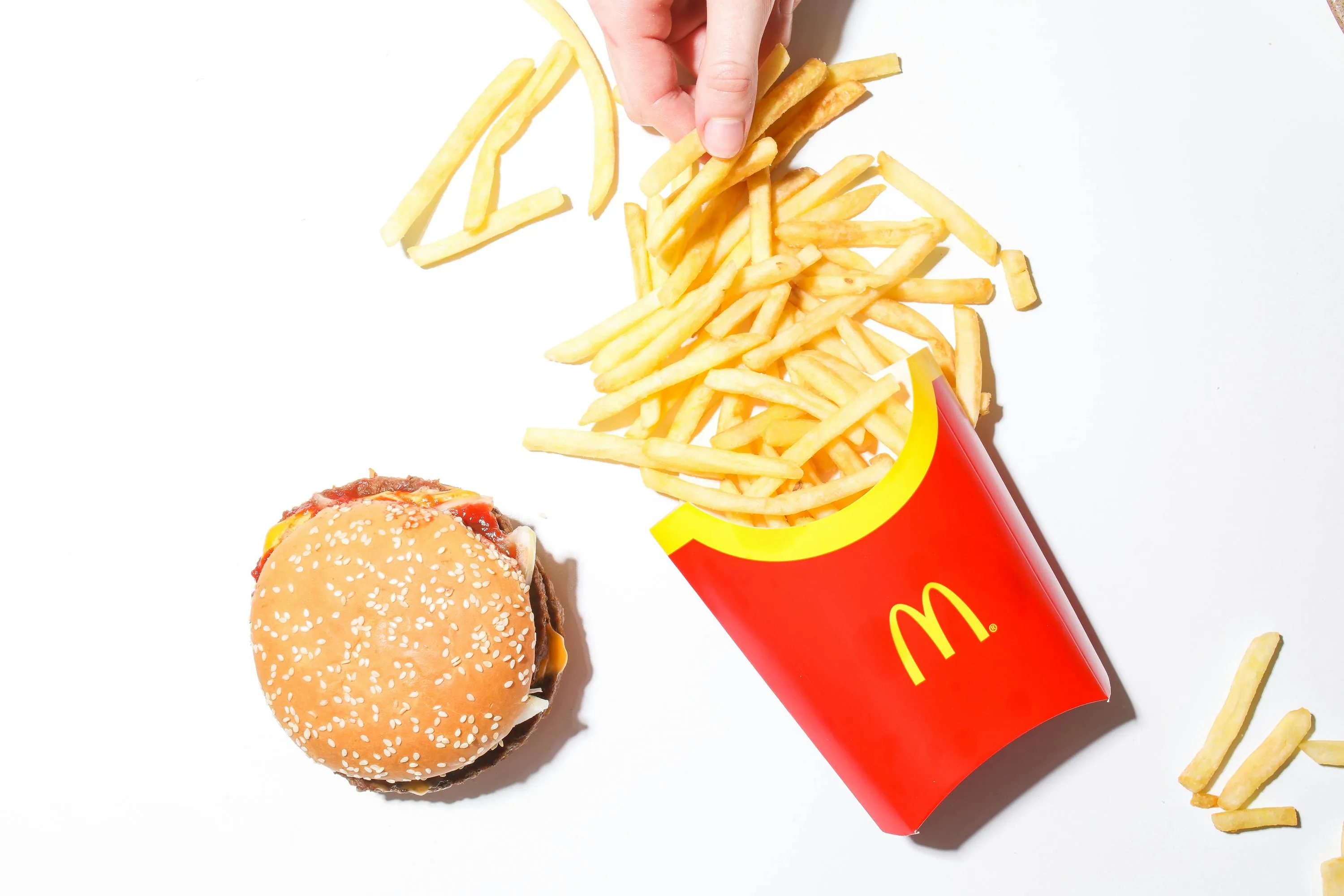
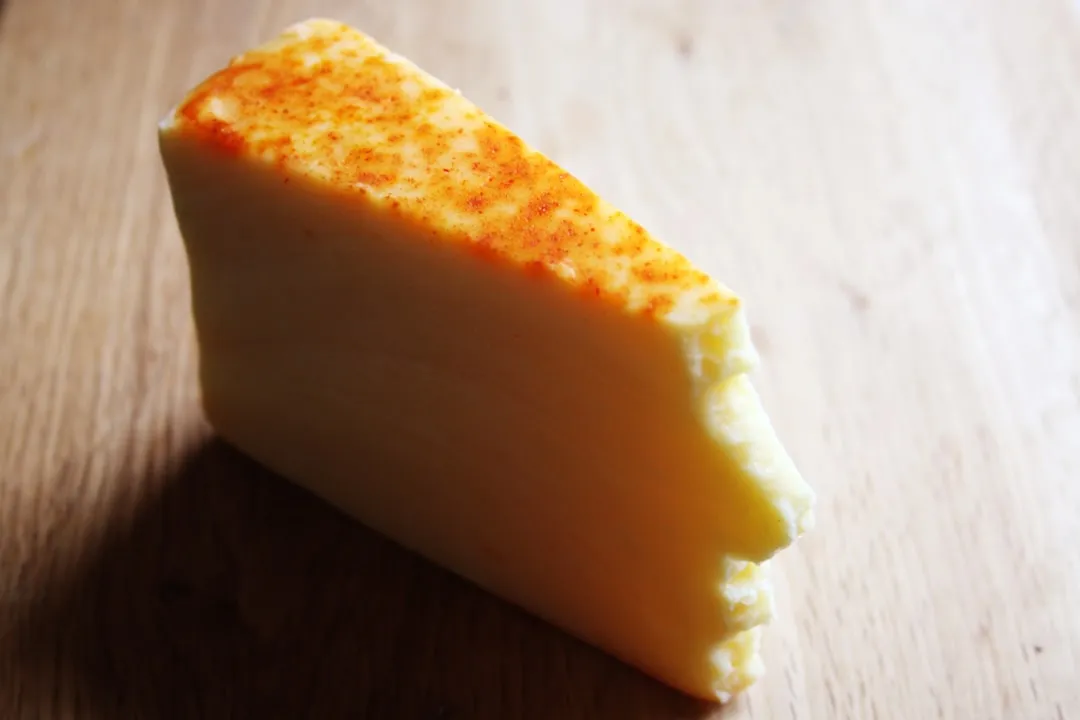
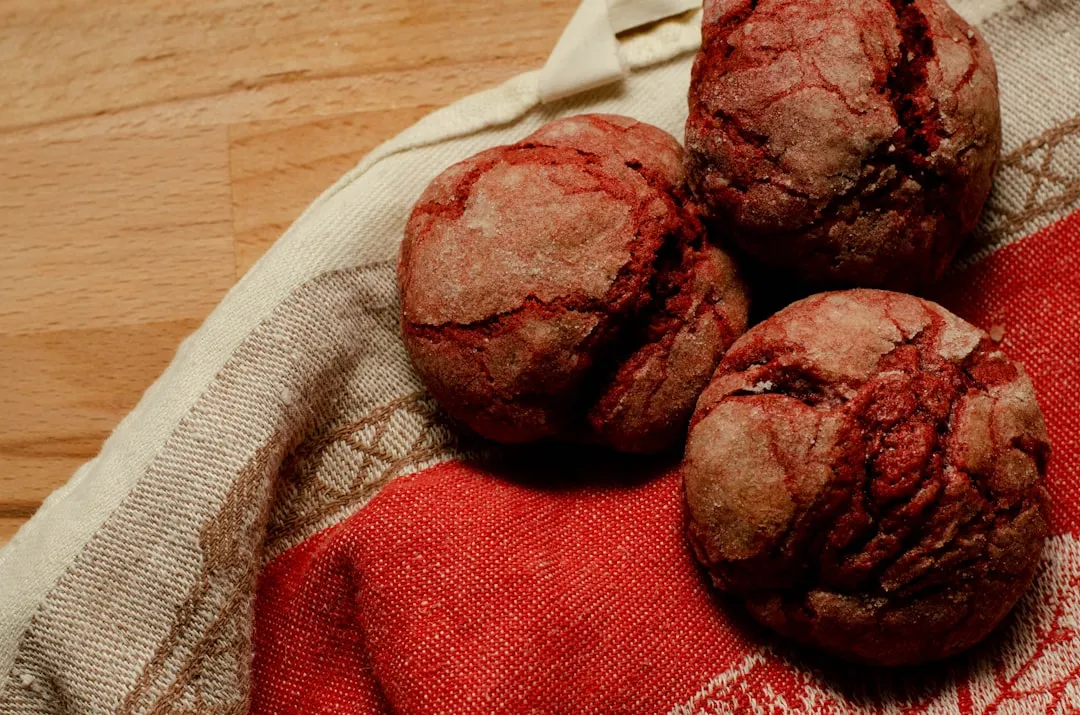
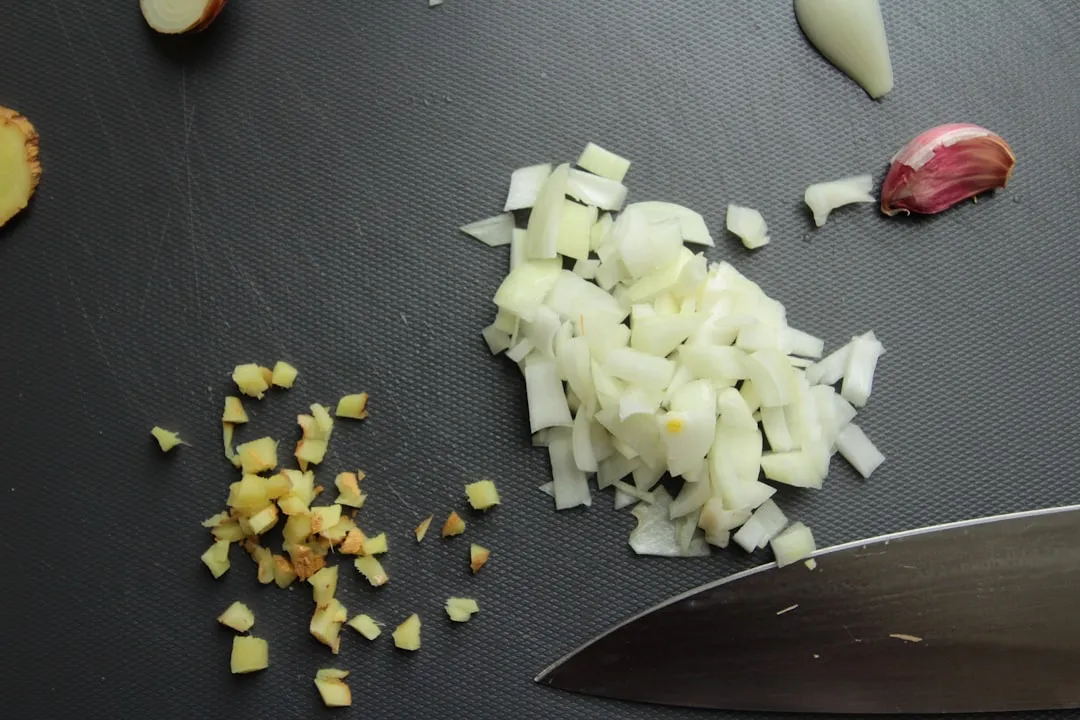
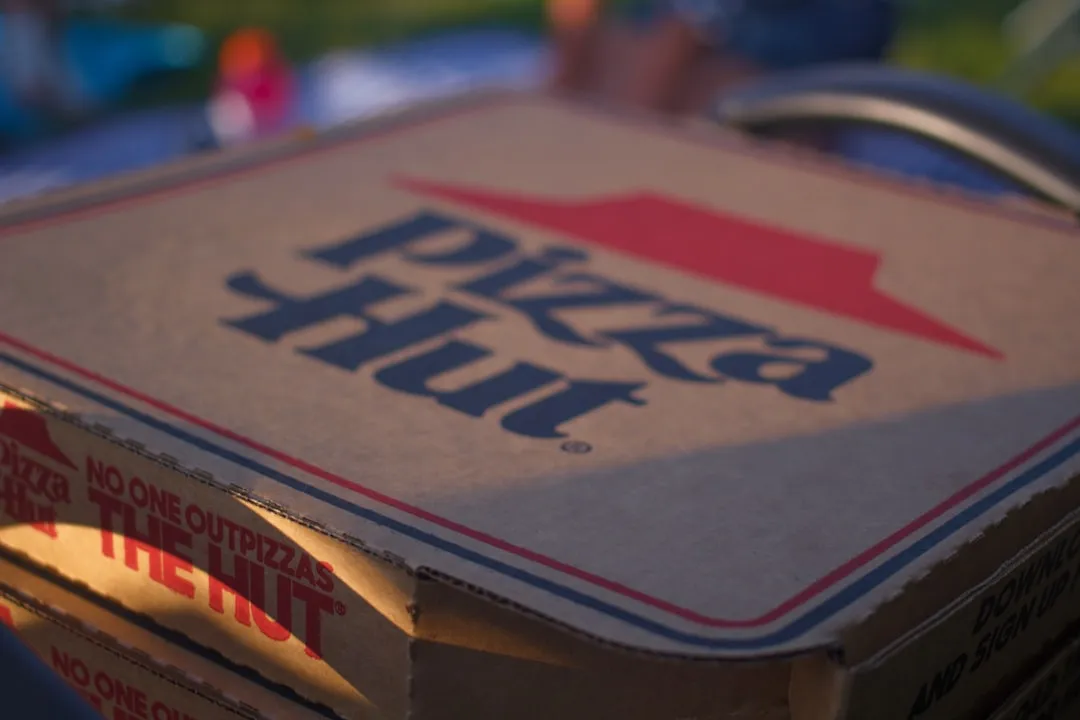
Comments
Be the first, drop a comment!